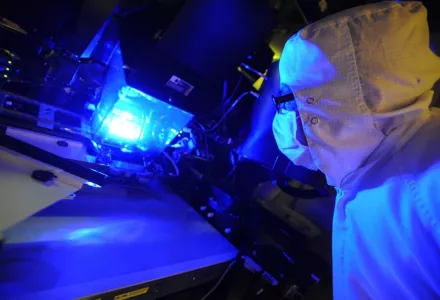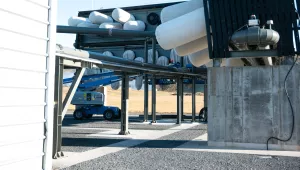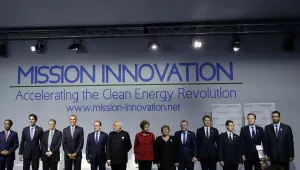
Abstract
Accelerating innovation in clean energy technologies is a policy priority for governments around the world aiming to mitigate climate change and to provide affordable energy. Most research has focused on the role of governments financing R&D and steering market demand, but there is a more limited understanding of the role of direct government interactions with startups across all sectors. We propose and evaluate the value-creation mechanisms of network resources from different types of partners for startups, highlighting the unique resources of government partners for cleantech startups. We develop and analyze a novel dataset of 657 U.S. cleantech startups and 2,015 alliances with governments, firms, research organizations, and not-for-profit organizations from 2008 to 2012 and analyze short-term firm outcomes from the different alliances. Our findings highlight the importance of governmental partners in technology development alliances to catalyze cleantech startup innovation (the patenting activity of cleantech startups increases by 73.7 percent with every additional governmental technology alliance when compared to those startups that did not engage in such alliances) and as quality signals to private sector investors for licensing alliances (private financing deals increase by 155 percent for every additional license from a government organization). Overall, these findings extend the alliance perspectives on innovation, contribute to the emerging research on entrepreneurial ecosystems, and underline the need to develop empirical evidence in different sectors.
Doblinger, Claudia, Kavita Surana and Laura Diaz Anadon. "Governments as Partners: The Role of Alliances in U.S. Cleantech Startup Innovation." Research Policy, (In Press) .
The full text of this publication is available via Research Policy.









